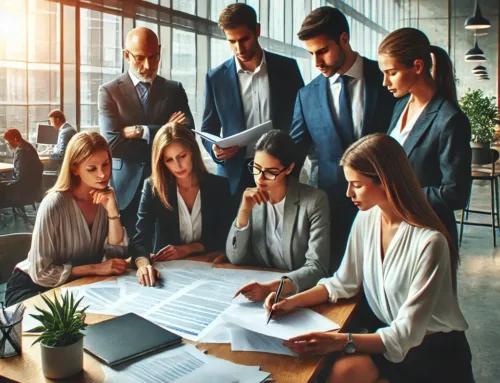We are a top national benefits consultant and we wanted to let you know that the IRS has a new project that centers on a key benefits compliance task.
The IRS’ Employee Plans Compliance Unit recently announced the start of a new initiative that focuses on uncovering Form 5500 non-filers.
DOL-Provided Data
To do this, the IRS will be looking at payroll and plan data that firms provided to the DOL and comparing that data with its own records.
According to the feds, the goal is not only to identify Form 5500 non-filers but also to determine the underlying reasons for that noncompliance.
The IRS is specifically focusing on plans that failed to file a Form 5500 for the 2011 plan year. The agency will be sending letters to non-filers it discovers during the course of its investigation.
What You Can Do:
If plan sponsors can’t respond with an explanation as to why they did not file, they’ll be put on notice and may face costly penalties for failure to file. Under ERISA, the DOL can impose an $1,100 per day penalty for each day that the Form 5500 is late — and there’s no cap on those penalties. Plus, the IRS can also hit plans with a $25-per day penalty up to $15,000 for each late Form 5500.
While these penalties would put the non-filers the IRS discovers through its project in a terrible position, there is some good news. The DOL offers a delinquent filer program — a program that drastically reduces the late-filing penalties.
The relief under the delinquent filer program does vary according to plan size and the number of years the plan didn’t file, however, the cap on the penalty amount for a large plan that failed to file for multiple years is set at just $4,000 per plan. To put that in perspective, that penalty is less than the ERISA penalty ($1,100/day) that a plan that’s only four days late could be hit with.
Currently, the DOL is allowing plans that receive a late-filing letter from the IRS to participate in its delinquent filer program. However, plans that receive late-filer letters from the DOL aren’t eligible to participate in the program.
Note: Even though the feds are targeting 2011 Form 5500s, experts expect the agency to look into non-filers for other years as well.
So firms may want to revisit their Form 5500 filing history to make sure everything is in order.
If you need assistance or have questions Contact Us.





